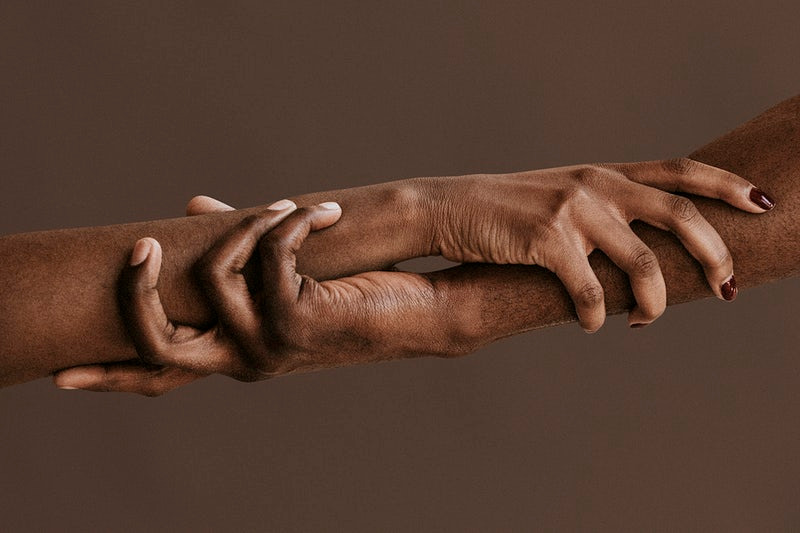
During Black History Month, we celebrate the black community’s culture, heritage, and accomplishments who have shaped and continue to shape our nation. While we highlight these successes, it’s also important to explore the impact of depression on African Americans and what systematic and cultural barriers may prevent them from accessing treatment.
What Is Depression?
Depression is a mental health condition characterized by a variety of symptoms, including:
- Lack of interest in activities
- Irritability
- Hopelessness
- Feeling empty or numb
- An unhealthy sleep schedule
- Changes in appetite
- Suicidal thoughts and ideation
- Lack of energy or hope
Depression can affect anyone, regardless of race, ethnicity, socioeconomic background or gender. However, an educational fact sheet created by the National Institute on Minority Health and Health Disparities states that “African Americans’ depressive occurrences are more disabling, persistent and resistant to treatment than those experienced by Whites.”
Depression may be caused due to genetics, a family history of mental illness, stressful life events, trauma and other contributing factors.
How History Affects the Present
A study in the World Psychiatry Journal explores the theory that trauma can be passed down through generations. For example, African Americans whose ancestors experienced trauma from slavery or displacement may be at greater risk of developing mental health issues because of the trauma they received.
After slavery, African Americans continued to experience severely distressing events such as racism, segregation, Jim Crow laws, inequality, an inability to vote, a lack of access to education, poor living conditions and extreme poverty. While many believe that these events have been entirely overcome and no longer affect the present, that is not true.
For example, many people of color may continue to live in lower income neighborhoods that are effectively still segregated. These neighborhoods offer fewer resources and may expose young children to violence, traumatic events and a lack of educational opportunities. Mental health resources can be scarce in these areas as well.
These factors and more can contribute to the high depression rates found among people of color. For example, a study titled “Misconceptions of Depression in African Americans” found that depression in African Americans is nearly twice as much as in Whites.
Access to Mental Health Care
According to a book by the National Institute of Mental Health on Mental Health Care for African Americans, the long history of adverse treatment by medical professionals has led to an extreme distrust in authorities.
Being misdiagnosed, mistreated, or not taken seriously by professionals means that fewer African Americans seek help for their mental health. In addition, there are fewer African American mental health care providers in the field overall. For African Americans living in poverty, there may be little to no access to proper mental health treatment at all.
A study titled “Racial and Ethnic Disparities in Health Insurance Coverage” also found that African Americans had lower insurance coverage rates than other groups. Poverty and not receiving job-related health benefits make insurance even harder to come by. Without easy access to mental health care, depression in African Americans may go untreated more often.
Treating Depression in African Americans
A fact sheet created by the National Institute on Minority Health and Health Disparities explains that depression is not due to any internal weakness, character flaw or laziness. Depression is a mental health illness and can significantly affect your quality of life.
Depression can be treated through therapy and reaching out for support from others. Understanding that you are not alone in experiencing depression can help you feel less isolated. You can realize that having depression is nothing to be ashamed about and that you deserve to get the help you need.
Speaking to a mental health professional may be intimidating, especially if you mistrust healthcare professionals. Instead, you can consider searching for an African American provider or finding help through organizations that understand how you may have a more challenging time receiving mental health treatment.
In the meantime, you can also do small, simple things to help manage your depression.
Here are a few ideas to help combat depression:
- Journal
- Be open about your struggles with those in your community
- Educate yourself about how depression is a valid illness
- Show yourself self-compassion and self-love
- Settle into a routine for sleeping and eating
- Find a support group that understands and can help
Black communities have historically and presently overcome challenges by providing one another with understanding, loyalty, love and strength. This sense of community can help those dealing with depression find compassion and support among family, friends, neighbors and allies. In addition, speaking up about mental health issues can help break down barriers and face depression head-on.
Honoring African American Mental Health Professionals
Here are a few African American mental health professionals to honor and remember this Black History month:
- Dr. Inez Beverly Prosser. The first black woman to receive a doctorate in psychology.
- Dr. Joseph White. Considered to be the godfather of black psychology.
- Dr. Jessica Henderson Daniel. The first African American woman to serve as president of the American Psychological Association.
- Dr. Robert Guthrie. Challenged racial stereotypes and bias in the field of psychology.
At Casa Palmera, our mental health professionals are caring and compassionate. We will help you feel comfortable and we understand your concerns and take them seriously. Our personalized treatment plans are designed to help you through evidence-based therapies and holistic methods that treat you as a whole person. Call Casa Palmera today at (855) 508-0473 to learn more.




